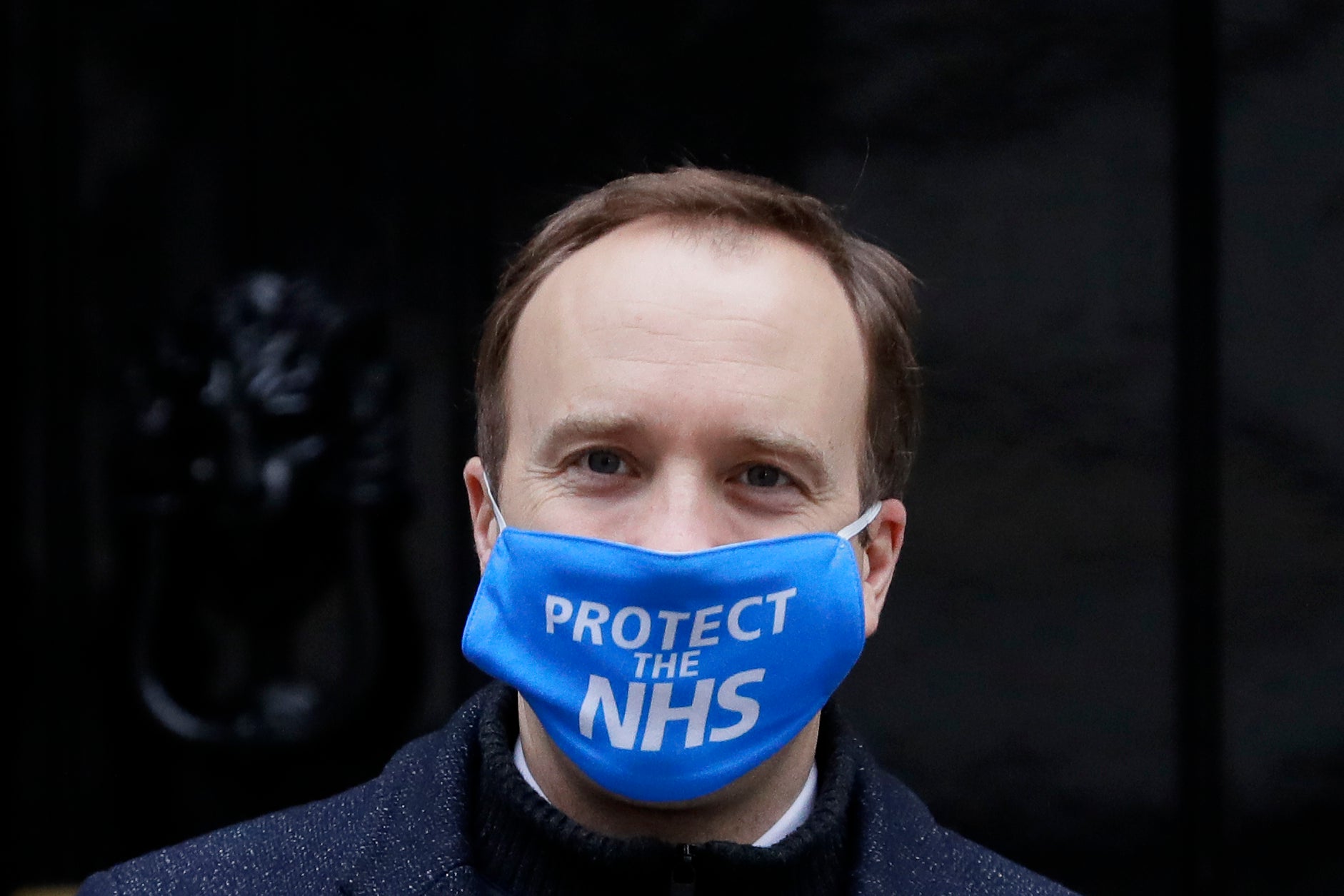Has Brexit really helped the UK approve the vaccine quicker?
Matt Hancock suggested the Pfizer jab was approved in Britain first because we have left the EU. John Rentoul assesses the claim


Welcome to the latest example of how people will interpret a news story according to their pre-existing views of Brexit. Matt Hancock, the health secretary, who incidentally voted in 2016 to remain in the EU, put a Leaver cat among the Remainer pigeons yesterday when he said: “Because of Brexit we’ve been able to make a decision to do this based on the UK regulator, a world-class regulator, and not go at the pace of the Europeans, who are moving a little bit more slowly.”
This is not strictly true, but it is more true than has been suggested by some of the outraged and irritated responses, from British Remainers and EU authorities respectively.
It is not directly as a result of Brexit that the British Medicines and Healthcare products Regulatory Agency (MHRA) has been able to approve the vaccine so quickly. As June Raine, the MHRA chief executive, pointed out at the briefing yesterday, Britain is bound by EU law until 31 December under the terms of the transition period. So the MHRA has been able to assess and authorise the vaccine under the same rules that still apply to EU countries.
The European Medicines Agency says: “According to EU legislation (Regulation 726/2004) most COVID-19 vaccines fall under the scope of the centralised procedure since they are produced by biotechnological processes for which the centralised procedure is mandatory.” This makes it sound as if EU member states are required to follow the centralised procedure, but it omits the escape clause in the legislation that allows countries to authorise the temporary use of a vaccine in an emergency. That is the dispensation under which the UK government and the MHRA has acted.
No other EU country has made use of that provision, however, but that is a matter of political solidarity rather than law. There is a strong sentiment among EU governments that they should work together and that it would be wrong for any of them to seek to gain an advantage over the others.
This raises the interesting question of what the British government would have done had the country not been on the way out of the EU. If UK ministers had still been attending meetings in Brussels, and if UK scientists and officials had still been taking part in the work of the European Medicines Agency, they might have come under the same political pressure to work together with other member states.
As it is, the awkward fact for defenders of the EU is that its procedures are slower than those of the UK, while the UK’s regulatory standards remain high. Andy Burnham, the mayor of Greater Manchester and a former health secretary – and no Brexiteer – praised the MHRA and said: “The UK has one of the strongest medicines and vaccines regulatory systems in the world.”
So, while Brexit did not legally enable the British to approve the vaccine first, it created a political situation in which it was possible for Britain’s advantages in pharmaceuticals to be exploited.
A few weeks’ head start may not make much difference in the end, but imagine how different the story would have been if it had been the other way round, and the EU had collectively tested and approved the vaccine before the UK. Then we never would have heard the end of how much further proof it was that leaving the EU was a terrible idea; so it seems only fair that a Brexiteer government should claim some of the credit for yesterday’s outcome.

Join our commenting forum
Join thought-provoking conversations, follow other Independent readers and see their replies
Comments